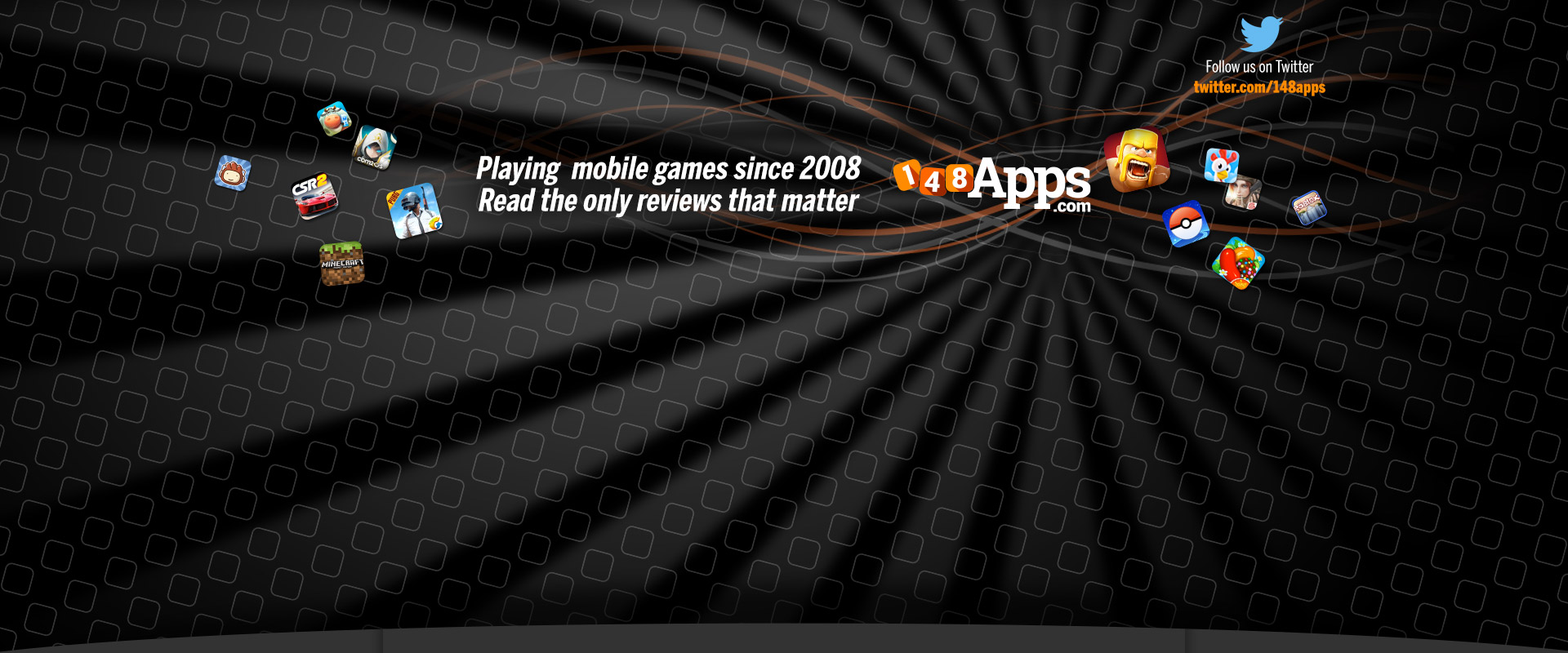What's New
Bug fixes.
App Description
The most well-known and medically important blood types are in the ABO group. They were discovered in 1900 and 1901 at the University of Vienna by Karl Landsteiner in the process of trying to learn why blood transfusions sometimes cause death and at other times save a patient. In 1930, he belatedly received the Nobel Prize for his discovery of blood types.
The ABO system consists of A, B, AB, and O blood types. People with type A have antibodies in the blood against type B. People with type B have antibodies in the blood against type A. People with AB have no anti-A or anti-B antibodies. People with type O have both anti-A and anti-B antibodies. People with type AB blood are called universal recipients, because they can receive any of the ABO types. People with type O blood are called universal donors, because their blood can be given to people with any of the ABO types. Mismatches with the ABO and Rh blood types are responsible for the most serious, sometimes life-threatening, transfusion reactions. But these types of reactions are rare.
All humans and many other primates can be typed for the ABO blood group. There are four principal types: A, B, AB, and O. There are two antigens and two antibodies that are mostly responsible for the ABO types. The specific combination of these four components determines an individual's type in most cases.
Research carried out in Heidelberg, Germany by Ludwik Hirszfeld and Emil von Dungern in 1910 and 1911 showed that the ABO blood types are inherited. We now know that they are determined by genes on chromosome 9, and they do not change as a result of environmental influences during life. An individual's ABO type results from the inheritance of 1 of 3 alleles (A, B, or O) from each parent.
The possible outcomes are shown in this App.
App Changes
- February 26, 2016 Initial release
- January 06, 2017 New version 1.1










































































































